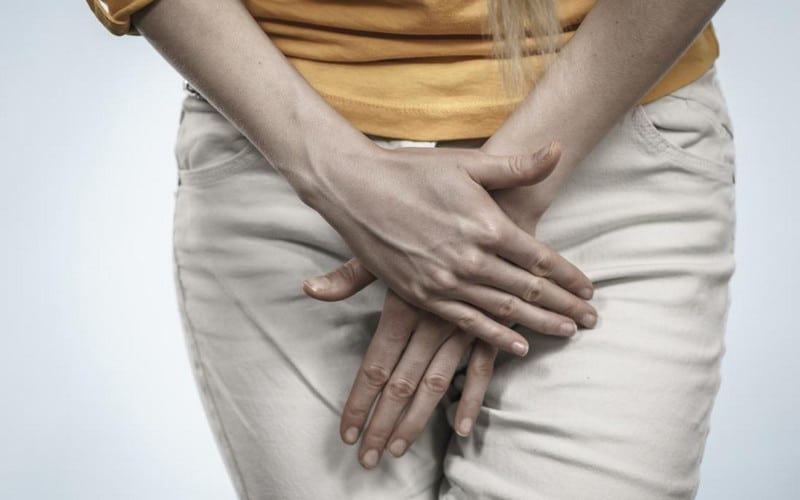Vaginitis is an inflammation of that can infect the vagina resulting in pain, discharges and itchiness. Inflammation of the vagina and the vulva, the exterior portion of the genitalia, is referred to as vulvovaginitis. Vaginal infections are fairly frequent and can have a wide variety of causes. According to the American College of Obstetricians and Gynecologists, up to one-third of women will eventually get vaginitis. Although these infections can occur anytime, they are most prevalent in females between late adolescence and early forties. An infection or a shift in the ratio of vaginal bacteria is to blame for vaginitis. However, it can also be brought on by some skin conditions and decreased estrogen levels following menopause.
The most prevalent types of vaginitis include bacterial vaginosis, candida infection, and trichomoniasis. Bacterial vaginosis happens due to an overgrowth of the bacteria already in the vagina, which affects the natural balance. Candida infections are caused by Candida albicans, a naturally-occurring fungus. Trichomoniasis is often transmitted through sexual contact and is a parasite-caused infection. A woman can get vaginal infection even if she doesn’t engage in penetrative or any other type of sex. Vaginal infections may require medical help.
Vaginal Itch and Burning Sensation

Females of various ages, from pre-adolescents to those in the pre-menopausal stage, frequently complain about vaginal itching and burning. The labia majora, clitoris, the vaginal opening, or further within the vagina are all examples of areas of the vulva and vagina where vaginal itching may usually occur. The discomfort of vaginal itching can be so strong that you can’t help but scratch the affected area. Excessively scratching might result in a burning feeling, which can exacerbate inflammation and discomfort.
The burning feeling in the vagina can be unpleasant and uncomfortable, and is often described as stinging, raw, and throbbing. The severity of the symptoms varies depending on the root of the problem. Because of friction, itching and burning may get worse during and after sexual intercourse.
Nearly all women experience vaginal itching at some point, and although for some, it’s just an annoying inconvenience. For others, it indicates a more significant underlying health problem. But most of the time, treating the underlying cause of vaginal itching is all that is required to make it go away. In addition, numerous aggravating causes, such as irritants, infections, skin conditions, sexually transmitted diseases (STDs), or even menopause, can result in vaginal itching, burning, and discharge.










